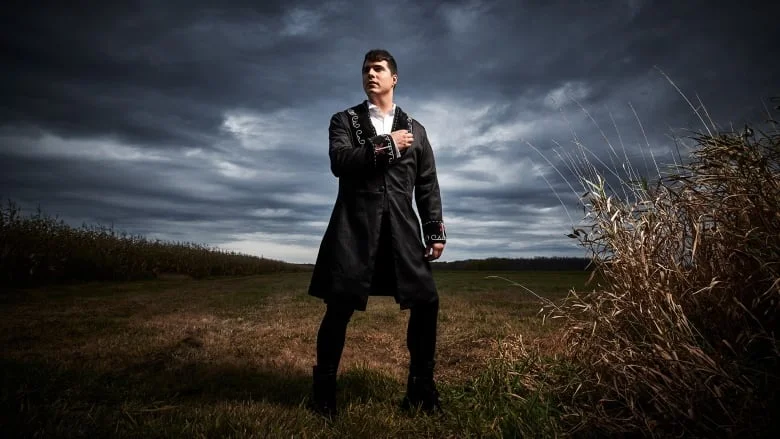A tweetstorm by T. Greer highlighted some of the differences from what he calls the Old Blogosphere (the ecosystem of blogs that had their heyday from 2003-2011) and the current situation with social media. Some highlights:
…back in the old days, the natural instinct of someone itching to make their point was to create their own website to do so.
This is the fundamental difference between the old blogosphere and the current media environment. In the OB, the main mode of engagement was not between bloggers and their commentators--it was between bloggers and other *bloggers.*
That took more investment. The barriers to entry to starting your own blog are not as high as starting your own twitter--but the cost of writing up a blog post were certainly larger than the cost of sending off a tweet.
Half of the people writing in those days wrote under pseudonyms. There wasn't a lot of prestige in the beginning--nobody did it to boost their resume. They did it because they were passionate or nerdy about the subject they wrote about.
And because of this, there was not a lot of credential flashing involved. You commented on other people's sites, you blogged yourself, and if what you wrote, people paid attention to you--no matter who you were.
That kind of thing just didn't happen in the world before the blogosphere--and it doesn't happen now that the old blogosphere is dead either.
But is the old blogosphere really dead?
Being one of the OG bloggers of the classical music blogosphere (I started the Collaborative Piano Blog in 2005), I must admit that it was a different place back then. Most of us followed other bloggers and we commented like crazy on other people’s blogs. This led to many animated discussions and helped to build a lot of friendships. Being linked to in another blog and having RSS subscriptions were important gauges of our readership and the measures of our success.
Then social media came along, and starting in 2007, many of us started spending more time on Twitter and Facebook. Very gradually at first, and much quicker after a few years, Facebook became the default place to hang out and keep in contact with people, share memes, or find cool links. My blogging activity started to trail off around 2014 and became a trickle by 2017-18.
Shortly after my return to blogging in the last week, I took a look at the most popular articles on the Collaborative Piano Blog in the last few months. Surprisingly, it was an article from 2007 about the top 10 classical music blogs on Bloglines, a now-defunct RSS reader. My listing was solely based on RSS subscribers.
Why are so many people still reading that article? The heyday of classical music blogs was supposed to be long past.
Turns out that’s not the case. The classical music blogosphere, far from being a thing of the past, is alive and well. Even though many of the bloggers on that list didn’t make the leap to social media, they still publish day after day with the same care and dedication that they showed 12 years ago.
A quick look at the blogs on that 2007 list shows that 19 of them have published in the last month, including 9 of the original top 10. Here they are:
And this list doesn’t even touch the significant number of classical music blogs that have sprung up since 2007.
The independent web is alive and well in the classical music world and following the scene involves a lot more than just being active on Facebook.
What are your favorite classical music blogs in 2019? Leave a comment below and let’s get the discussion going once again.
(Photo courtesy of Manuel Nägeli)









